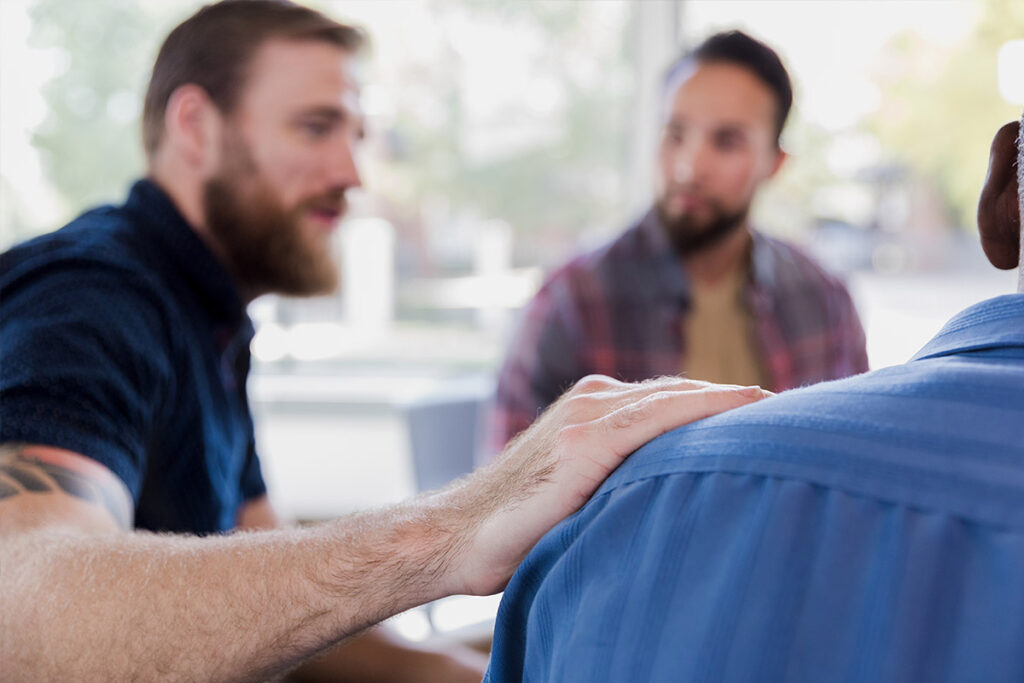Tools to Communicate with Survivors and Families in the Midst of Crisis
Tools to Communicate with Survivors and Families in the Midst of Crisis

Lessons Learned From the Front lines
Irisaida Méndez – GoCrisis Associate
In the blink of an eye, reality can change. Natural disasters, catastrophic accidents, life threatening illnesses, global pandemics, and even wrongful decisions made by others can occur. Grief, a common feeling in all these cases, defines not only mourning but the sense of losing life as we know it. As crisis responders, we need to show an ability to understand and share the feelings of people in trauma in times of crisis.
Whether preparing an executive for an initial media appearance following a crisis, or addressing an audience affected by an incident, the key is to convey an individualized message of empathy which shows genuine care and concern. Each person needs to feel that they are being addressed personally and that the message applies to them.
In 2017, when Hurricane Maria devastated Puerto Rico, the island’s population was in chaos. Over 135,000 families abandoned their homes to seek shelter in Hispanic-populated cities like Boston, Chicago, New York, and Orlando. Others ventured to the unknown with a one-way ticket and nothing to lose, all looking to overcome frustration, desolation, confusion, and fear. Survivors were worried about a host of issues including flooded homes, lost personal possessions, family’s safety, financial hardship, and the inability to provide for loved ones. They didn’t care that there were waiting lists for certain services. They wanted to know how long it would take for them to receive the much-needed help that was promised.
Empathy is the key to communications with survivors and families. Empathy needs to be developed and communicated in every interaction. As a first responder, it helps to use words that convey empathy, and compassion throughout a crisis response.
Empathy helps survivors understand first responders are concerned about them. It is the first step to communicating and providing comfort. In order to best communicate with survivors and families, the responders should ask these questions of themselves:
- What are my overall and specific expectations as a survivor?
- What do I need to know?
- What do I want to hear from the organization or the relief team?
Understanding families’ and survivors’ emotions leads to respecting their position and range of emotions in a non-judgmental way. Failure to show empathy could be mistaken as being cold and distant.
Empathy is essential when providing comfort to help a family, especially when sharing bad news. It is more than lending an ear; it is relating to the feelings that accompany their words, acknowledging their pain, and validating their experience of having fears and worries.
Understanding grief is also essential for first responders in order to develop empathy. Whether it is an unexpected life transition or a major disaster, such a disruption can lead to personal conflicts and discomfort. Grieving is a normal process, and necessary to overcome the sense of loss. Having a better understanding of this process can help with the cognitive element of developing empathy, as it provides a better understanding of how to convey a message, as well as all the different ways a survivor or a family member may react.
A team member needs to be emotionally and mentally strong to be effective. Other strategies for keeping emotionally healthy include not taking words personally, healthy eating, getting a good night’s sleep, and going home every night leaving work where it belongs- at work. Well-being ensures patience, and a clear mind to develop empathy and communicate effectively in the midst of crisis.
Understanding grief and empathy is crucial for effective communication with people who are directly affected by crises. Applying techniques to preserve a responder’s mental health is also part of effective communication. As emergency responders, it is important to practice these skills constantly until they become an integrated part of one’s daily routine. When the time comes to communicate during a crisis, the process will flow effortlessly.
Irisaida Méndez is a seasoned communications professional with over 25 years of experience in corporate identity, crisis communications and disaster response. She has collaborated in Disaster Relief Operations with FEMA, the American Red Cross, and United Way. Her experience in brand identity includes Make-A-Wish Foundation and Spirit Airlines. She is also a certified Life Transitions Coach & End-of-Life Doula.
© 2025 GoCrisis. All rights reserved | Privacy Policy | Sitemap | Contact Us